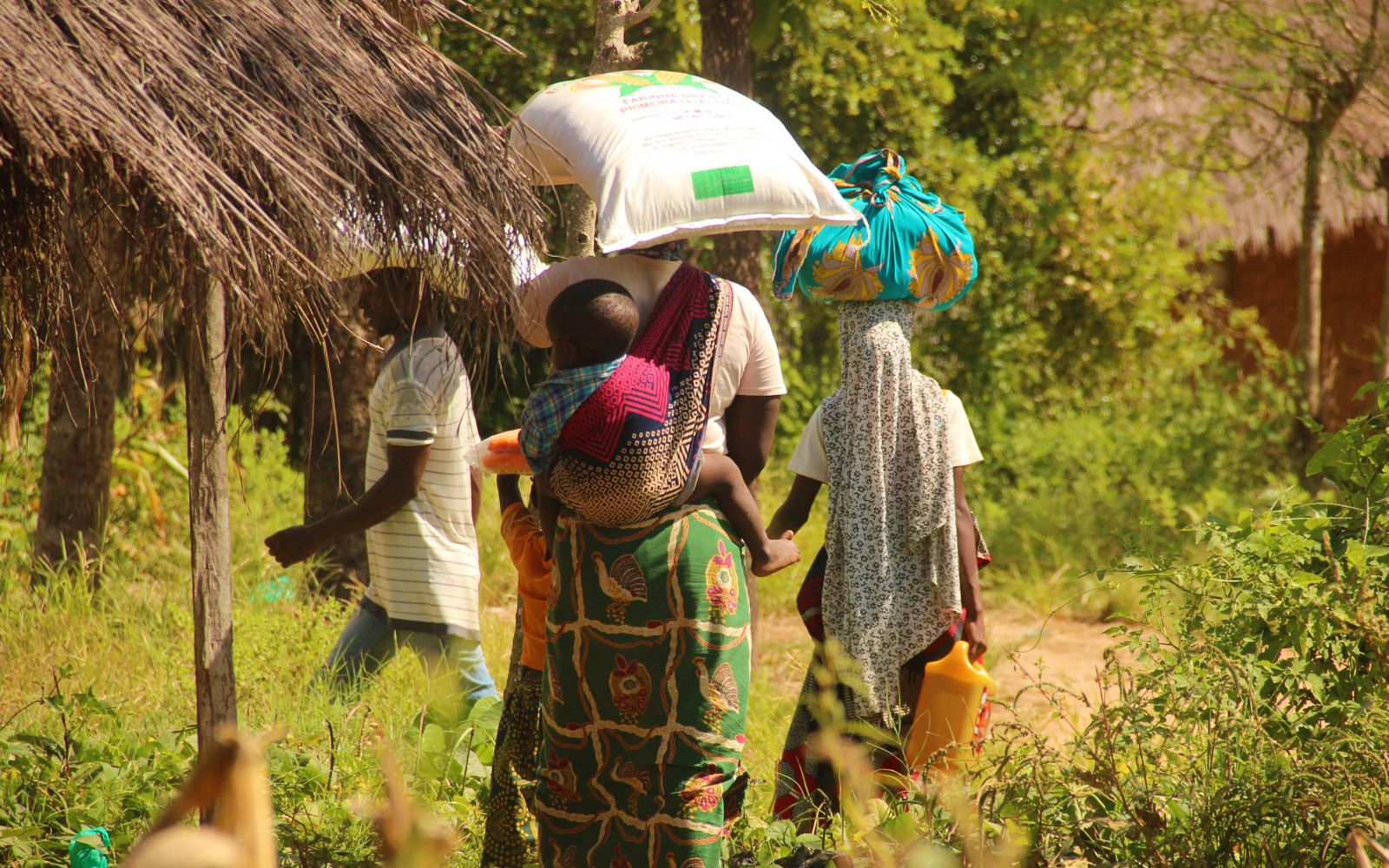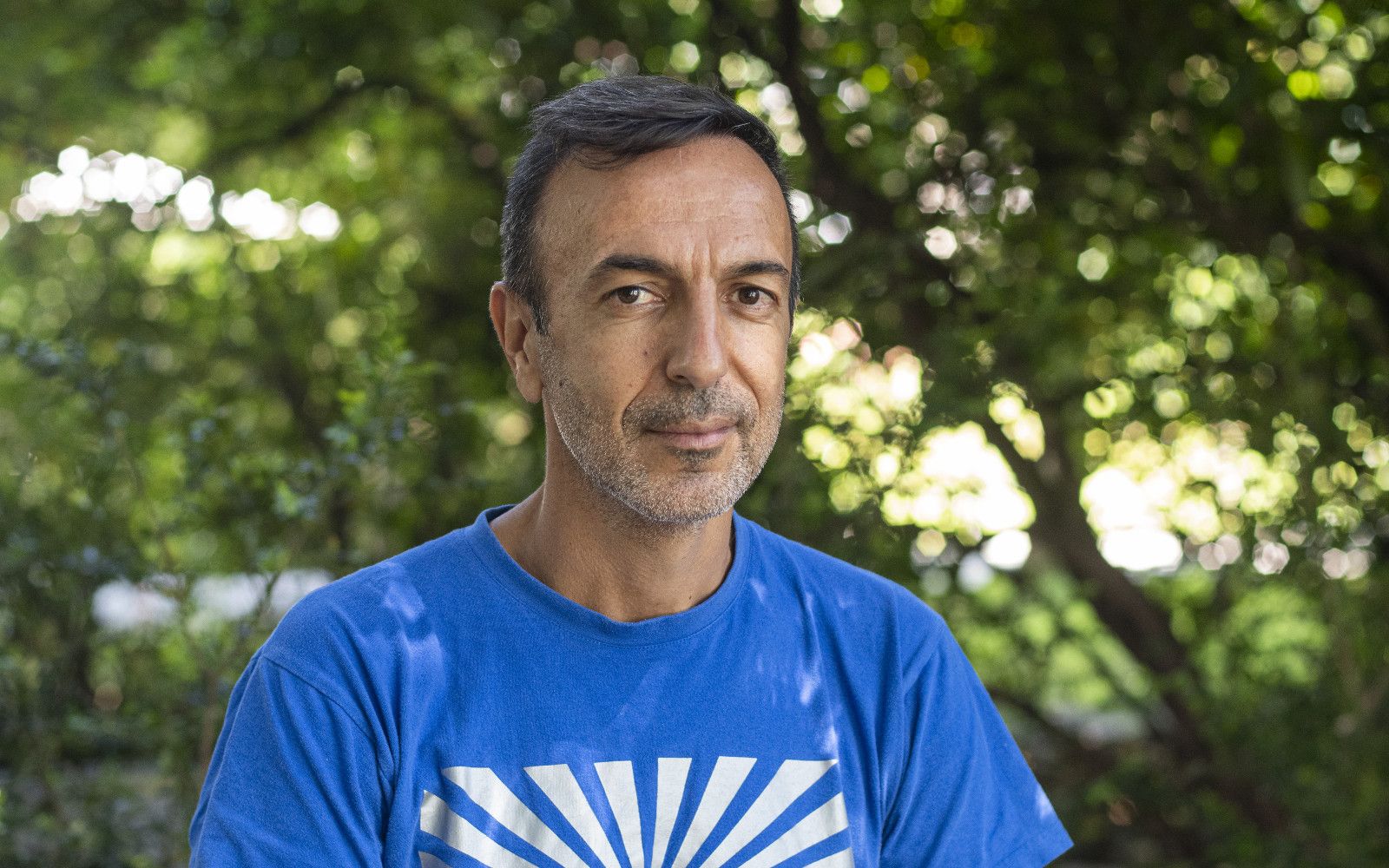Support for displaced families in Mozambique

The Portuguese NGDO Helpo has been at work in the community of Chinda (Mocímboa da Praia) in Mozambique ever since 2011. With the humanitarian crisis that has rocked the country since 2019, the association has striven to provide support to the communities of displaced persons through education projects, the provision of food and other essential goods and alongside interventions in the field of maternal-infant health, with nutritional surveys of pregnant women and children under the age of two.
However, the number of displaced – almost 800,000 in total, with around half being children – continues to rise and hence there is ever greater need. Due to the displacements, the city of Pemba has experienced an increase of almost 18% in student numbers with each school attended by between one and two thousand students. “After an entire year without school due to Covid-19, with the exception of the 10th to 12th grades, the greatest concern was to ensure that no child got left behind,” affirmed Carlos Almeida, national coordinator of Helpo in Mozambique since 2010.

The reintegration into school life was another challenge for this NGDO that sought to work with families to better understand their problems. “We grasped that there was hunger and people were not able to feed their children. In the urban neighbourhood of Mahate, families do not have access to the land, they live off handouts and cannot engage in their normal activities when in their villages. In other rural communities where Helpo is running education projects, there are fewer problems. We find that when people have access to land, they are able to have lives closer to their normal experiences,” explained Carlos Almeida. The work involves identifying the displaced persons and guaranteeing that children have the right conditions for learning as “nobody goes to schools on an empty stomach.”
In addition to education, diet and nutritional support, Helpo is now working in a new area: primary psychological care. “The conflict that people witnessed continues inside them. A large proportion have hard to identify traumas after having witnessed extremely shocking situations, such as the death of close family members. Helpo is training activists in Cabo Delgado to direct people with such issues to Pemba Hospital. Despite there being two psychiatrists and four psychologists, people do not always seek help because they do not always know they have a problem that can be treated.”
Irrespective of the many difficulties of working in a humanitarian emergency scenario, the national coordinator in Mozambique feels that Pemba “is still a safe city” and maintains his hope. “We continue with a great deal of strength. This work impacts on the organisation and on the people. It’s not always easy but it’s both necessary and urgent for the beneficiaries.”
The Calouste Gulbenkian Foundation has granted emergency assistance for the amount of €80,000 in order to guarantee food to around a thousand households with pregnant women and/or children aged under five as well as support for the educational integration of children and young persons in the six communities in which Helpo is developing its projects.
